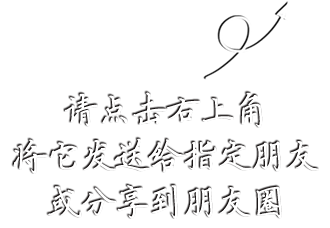单件模式即singleton pattern(属于创建型设计模式),最适合解释的例子就是日志记录了.
其他模式的php代码以后写好了在分享给大家,希望可以增加点大家对php中设计模式的概念. 复制内容到剪贴板
代码:
<?php
/*
* 1.Singleton Pattern for the log of application
* 2.建议将类文件名写成class.log.php
* 以便__autoload()自动载入该类
* 3.Author:NoAngels
* 4.E-mail:flare_1023163.com QQ:82535599
*/
final class log{
#构造函数,日志文件不存在就创建否则就打开文件以供后续使用
private function __construct(){
if(!$this->__fp = fopen('application.log', 'ab+')){
$this->__errMsg = '创建或读取日志文件失败';
$this->__errorHandler();
}
}
#析构函数,释放资源
function __destruct(){
#站位先
}
#静态函数,配合静态变量使用,实现singleton设计模式
static function getInstance(){
if(self::$__instance == NULL){
self::$__instance = new log;
}
return self::$__instance;
}
#类内部错误处理机制
private function __errorHandler(){
die($this->__errMsg);
}
#将指定内容写入到日志文件中
public function inLog($temp){
if(fwrite($this->__fp, time()."|||".$temp."\r\n") === FALSE){
$this->__errMsg = '写入到日志文件失败';
$this->__errorHandler();
}
return;
}
#将日志内容输出,参数默认为1,即默认用类内部方法打印日志,否则可自定义显示方式.两种情况下都返回数组
public function outLog($default = 1){
$outArray = array();
while(!feof($this->__fp)){
$line = fgets($this->__fp);
if(strlen($line) != 0){
$tmp = explode("|||", $line, 2);
$outArray[] = $tmp;
}
}
if($default == 1){
$this->__printLog($outArray);
}
return $outArray;
}
#默认日志输出方式
private function __printLog($arr){
foreach($arr as $temp){
echo '记录时间:'.date('Y-m-d H:m:s' , $temp[0]).'<br/>原因:'.$temp[1].'<br/>';
}
}
#私有变量,初始化每个变量
static private $__instance = NULL;
private $__fp = NULL;
private $__errMsg = '';
}
?>附上测试文件 代码:
<?php
try{
if(!mysqli_connect('localhost', 'root', '10d237776')){
throw new Exception('mysql connect failed!');
}
}
catch(Exception $e){
print 'y';
log::getInstance()->inLog($e->getMessage());
}
?> 




